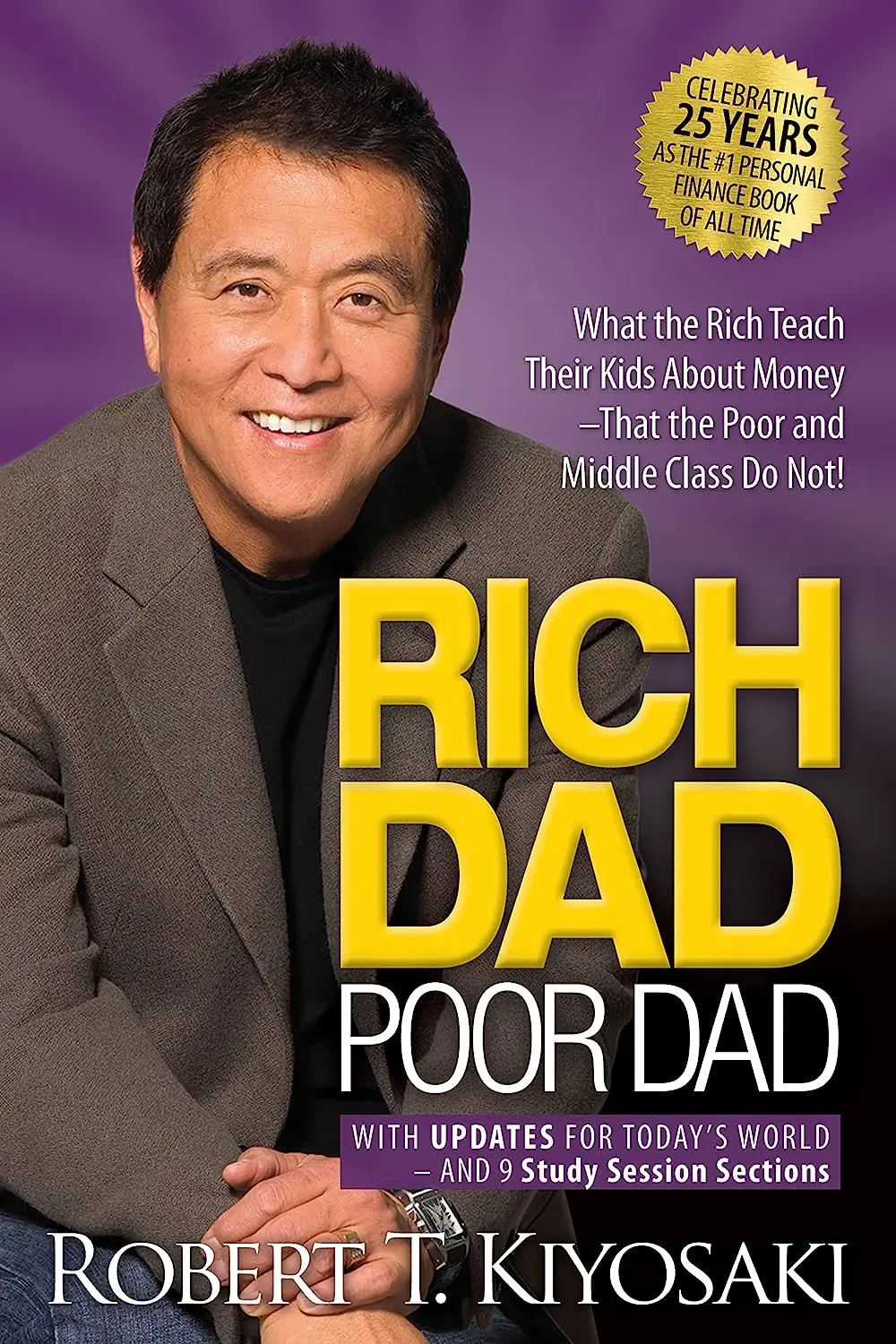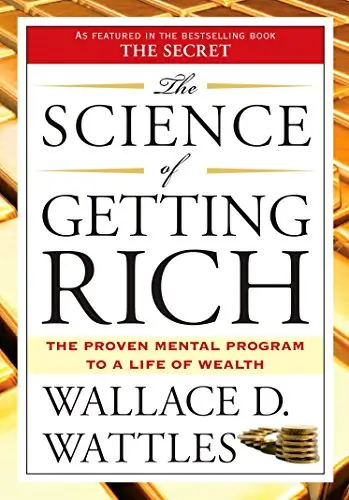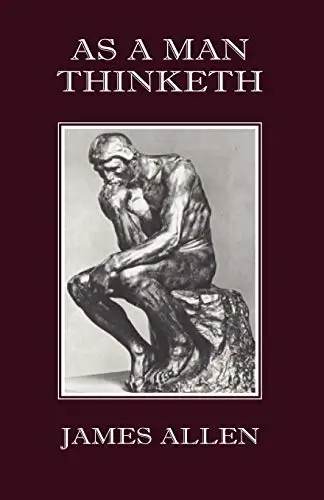Rich Dad Poor Dad is a personal finance classic written by Robert T. Kiyosaki that challenges conventional wisdom about wealth and financial success. Through the narrative of his upbringing, Kiyosaki contrasts the advice he received from his “poor dad” (his biological father) and his “rich dad” (the father of his childhood friend).
Key Lessons:
1. The Difference in Mindset:
Kiyosaki highlights the fundamental difference in mindset between his two dads. His poor dad focused on traditional education and a steady job, while his rich dad emphasised financial literacy, entrepreneurship, and investment.
2. The Importance of Financial Education:
Kiyosaki argues that the lack of financial education is the primary reason why many people struggle financially. Schools often fail to teach essential money management skills, leaving individuals ill-prepared to navigate the complexities of the financial world.
3. Assets vs. Liabilities:
Kiyosaki introduces the concept of assets and liabilities, stressing the importance of acquiring income-generating assets that put money in your pocket, rather than accumulating liabilities that drain your finances.
4. The Power of Passive Income:
Building on the concept of assets, Kiyosaki emphasises the significance of generating passive income streams that provide financial freedom and independence. He encourages readers to focus on building businesses, investing in real estate, and acquiring assets that generate cash flow.
5. Taking Risks and Overcoming Fear:
Kiyosaki challenges readers to overcome their fear of failure and take calculated risks in pursuit of financial success. He believes that true wealth is built through courage, perseverance, and a willingness to step outside one’s comfort zone.
Relevance Today:
Rich Dad Poor Dad continues to resonate with readers worldwide due to its timeless lessons on financial literacy and wealth-building. In an era marked by economic uncertainty and rapid technological change, Kiyosaki’s insights offer practical guidance for navigating the complexities of the modern financial landscape.
Conclusion:
Rich Dad Poor Dad is more than just a book about money; it’s a manifesto for achieving financial independence and realising one’s full potential. By challenging conventional wisdom and offering a fresh perspective on wealth, Kiyosaki empowers readers to take control of their financial future and embark on the path to prosperity.




